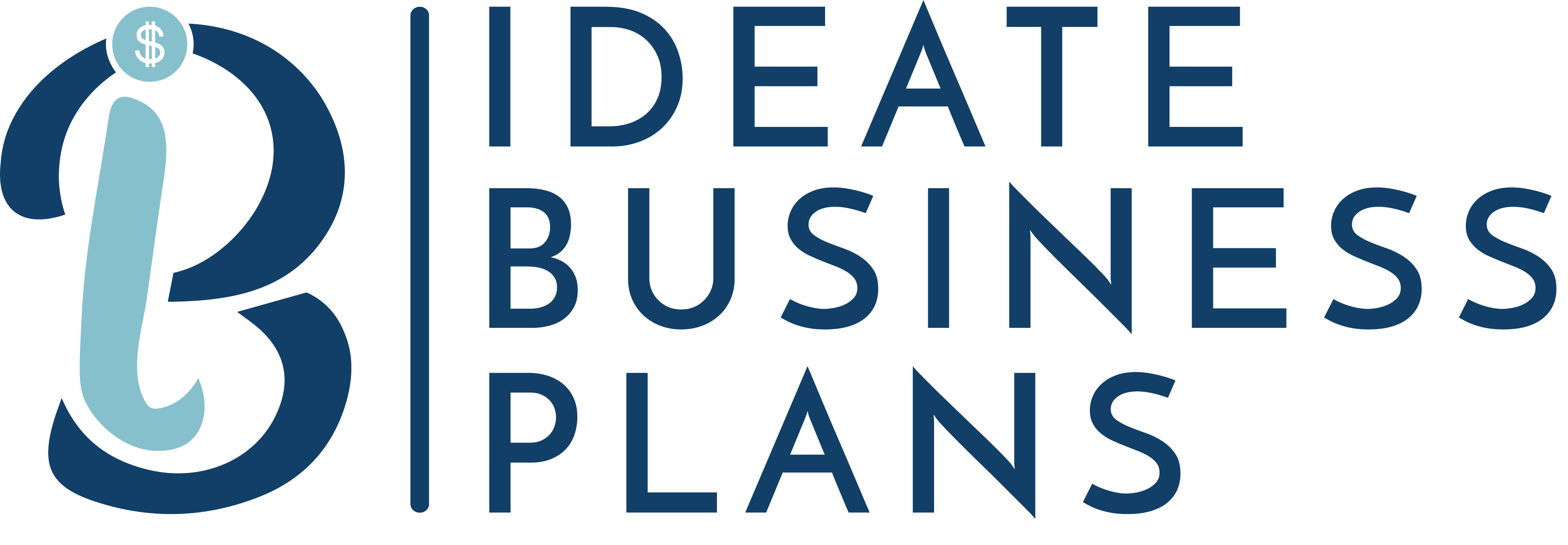“Raising Funding for Business Growth: Importance and Types of Funding Available”
As a business owner, one of the most important decisions you’ll make is how to fund the growth and expansion of your company. Adequate funding is essential for a business to survive and thrive, but without it, a business may struggle to cover its expenses, invest in growth opportunities, and pay its employees. In this article, we will explore the reasons why businesses should raise funding and the different types of funding available to them.
Why is Adequate Funding Important for Business Growth?
Inadequate funding can lead to cash flow problems, which can make it difficult for a business to pay its bills and meet its financial obligations. One of the most important reasons for a business to raise funding is to invest in growth opportunities. Growing a business requires a significant amount of capital, and without it, a business may miss out on potential opportunities for expansion. For example, a business may need funding to open a new location, hire additional staff, or launch a new product. Without funding, a business may miss out on these opportunities and may struggle to compete with its rivals.
Another reason why businesses should raise funding is to improve their operations. Adequate funding can be used to invest in new technology, equipment, or software that can improve a business’s efficiency and productivity. This can help a business to lower its costs, increase its revenue, and improve its overall performance.
Types of Funding Available for Businesses
There are many different types of funding available to businesses, each with its own advantages and disadvantages. The most common types of funding include:
Debt Financing: Debt financing involves borrowing money from a lender, such as a bank or other financial institution. This type of funding is typically used for short-term needs, such as working capital or equipment purchases. The main advantage of debt financing is that it does not dilute the ownership of the business, but the downside is that it requires the business to make regular payments, often with interest.
Equity Financing: Equity financing involves selling ownership shares of the business to investors in exchange for capital. This type of funding is typically used for long-term growth and expansion. The main advantage of equity financing is that it does not require the business to make regular payments and does not have to be paid back. But the disadvantage is that it dilutes the ownership of the business, and the investors will have a say in the decision making process of the business.
Angel Investment: Angel investment is a type of equity financing in which wealthy individuals invest their own money into a business. This type of funding is typically used for early-stage businesses that are looking to grow and expand. The main advantage of angel investment is that it can provide a business with not only financial capital but also valuable mentorship and guidance.
Crowdfunding: Crowdfunding is a type of funding in which a business raises money from a large number of people, typically through an online platform. This type of funding is typically used for early-stage businesses that are looking to raise a small amount of capital. The main advantage of crowdfunding is that it can provide a business with a large number of small investors, which can help to spread the risk.
Government Grants: Government grants are a form of funding that businesses can apply for that do not have to be paid back. This type of funding is typically used for businesses that are working on a specific project or that are operating in a specific industry. The main advantage of government grants is that they do not have to be paid back and can provide a business with a significant amount of capital. However, the disadvantage is that they can be difficult to obtain and often have specific requirements that a business must meet in order to be eligible.
In conclusion, raising funding is an important step for businesses to achieve their goals and succeed in today’s competitive marketplace. Adequate funding can be used to invest in growth opportunities, improve operations, and meet financial obligations. There are many different types of funding available to businesses, including debt financing, equity financing, angel investment, crowdfunding, and government grants. Each type of funding has its own advantages and disadvantages, and businesses should carefully consider which type of funding is best for them. Ultimately, the key to success is to have a well-thought-out funding strategy that takes into consideration the unique needs and goals of your business.



